
BY DEBAJYOTI CHAKRABORTY
MUMBAI | 28 AUGUST 2025
- How is reverse tourism changing perceptions of India’s smaller destinations?
A)Reverse tourism is redefining the way travellers view India’s heartland. Instead of limiting themselves to well-known destinations, Indian’s, especially from metro’s are discovering the cultural wealth, craftsmanship, cuisines, and natural beauty of smaller towns/villages and tier 2 & tier 3 cities.
Our domestic portfolio includes hidden gems/smaller destinations like Chopta in Uttarakhand, a stargazer’s haven; Chettinad in Tamil Nadu, known for its palatial mansions and rich architectural legacy; Araku Valley and Bora Caves in Andhra Pradesh, as well as Lambasingi, the only place in South India that sees frost; and Mandu in Madhya Pradesh, a lesser-known heritage site steeped in history. Such offbeat locales offer authentic experiences, away from the pressure of conventional tourism hotspots.
- What’s driving urban travellers to choose rural and heritage destinations?
A)Several interconnected factors are fueling this trend, including a growing desire for authentic experiences away from crowded tourist spots, increased interest in sustainable travel that benefits local communities, and a post-pandemic appreciation for open spaces and meaningful connections. There’s also a renewed sense of pride in India’s diverse cultural traditions that’s drawing travellers to explore beyond the usual hotspots.
- How is SOTC adapting to this trend?
A)At SOTC Travel, we are consciously reshaping the way India travels. Our itineraries champion ‘alternative/reverse tourism’, spotlighting low-impact, high-value experiences that minimise the impact of mass tourism on environment, culture and communities.
Through our Customised Holidays (FIT) offerings, we cater to a wide range of travellers—solo explorers, couples, multigenerational families, Gen Z and millennials offering personalised itineraries that include everything from wellness retreats and heritage circuits to culinary explorations, plantation stays and guided nature experiences. Travellers can choose the pace and purpose of their journey, with full flexibility and expert support. By widening access to lesser-known destinations, and providing niche, low impact yet value driven experiences, we are driving tourism to new regionas. Our focus remains on creating holidays that are enriching for the traveller and respectful of the environment, culture, and communities they visit. Additionally, we have curated holidays centered around cultural festivals and local carnivals spread across the year, such as the Goa Carnival, Hornbill Festival in Nagaland, and Rann Utsav in Gujarat—encouraging travellers to explore India beyond conventional travel windows.

- How are travellers redefining value in this context?
A)The definition of travel value is expanding beyond traditional luxury markers to emphasise cultural immersion and personal connection.Value is increasingly being defined not only by premium amenities but also by the richness of cultural engagement and the depth of personal connection. For many, sharing a meal with a local family, participating in a local festival, or learning an indigenous craft carries as much weight—if not more—than staying at a luxury property. This shift is a strong indicator that travellers see “earned experiences” and “emotional wealth” as central to the idea of value.

Advertisement:
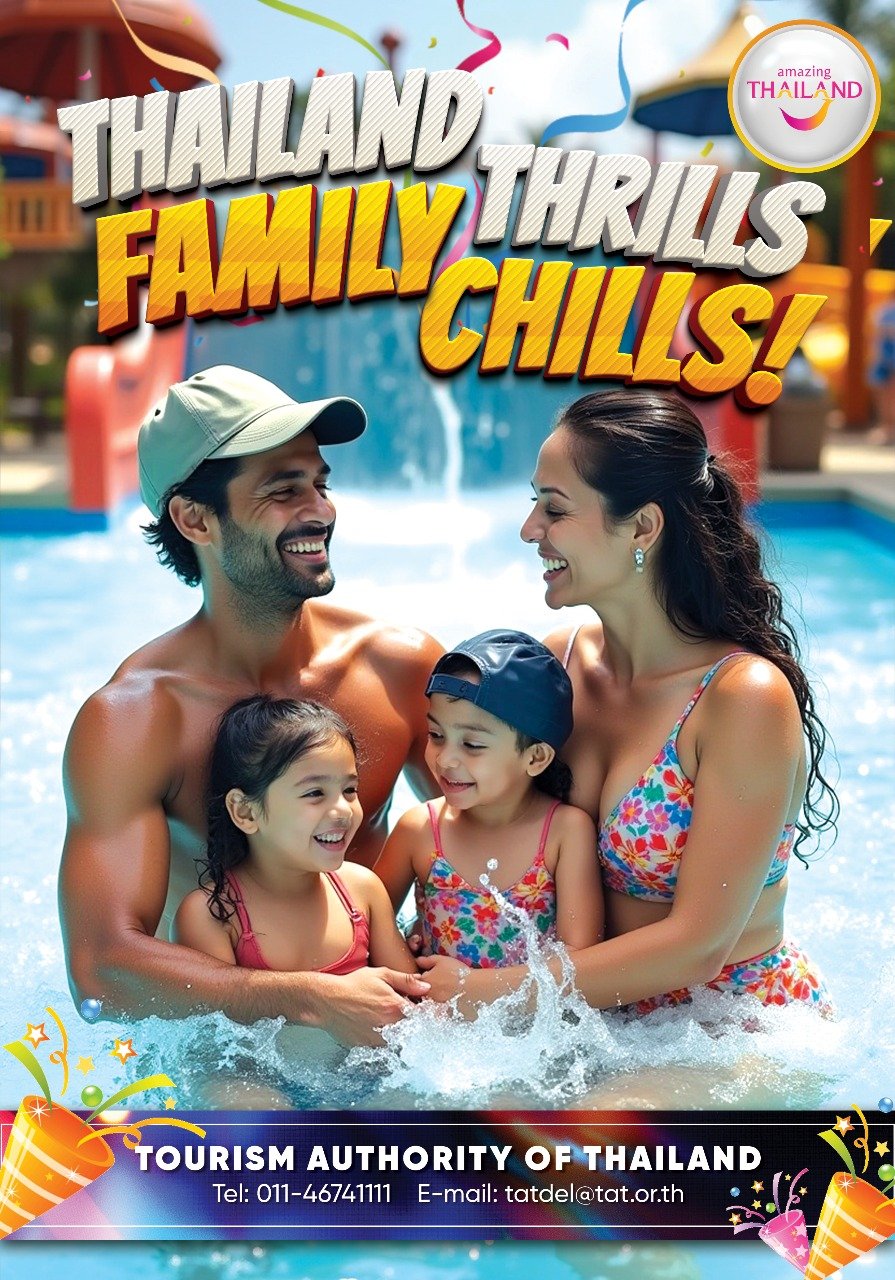
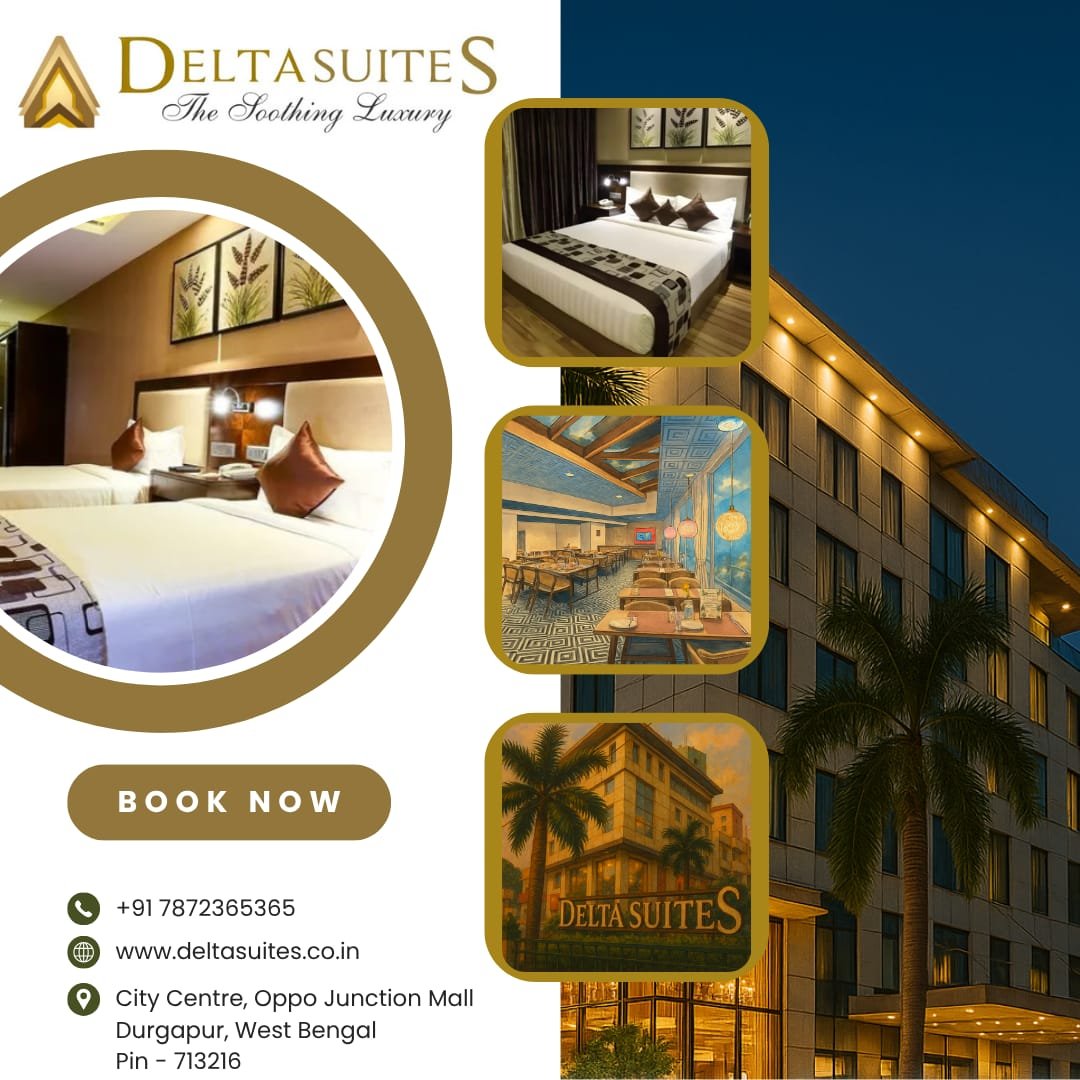
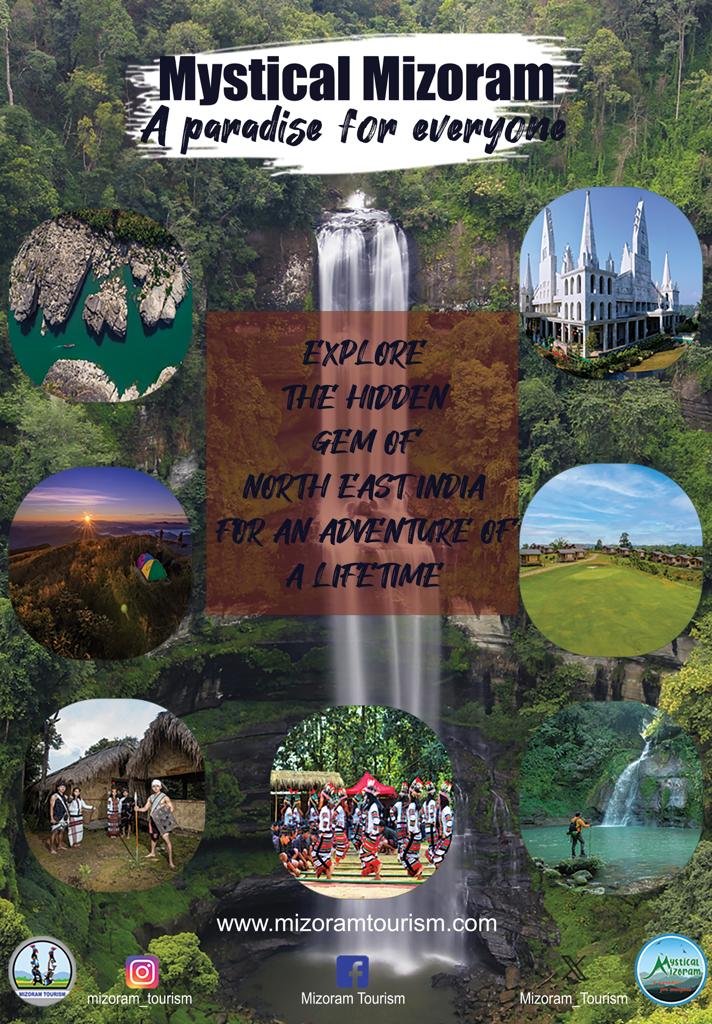



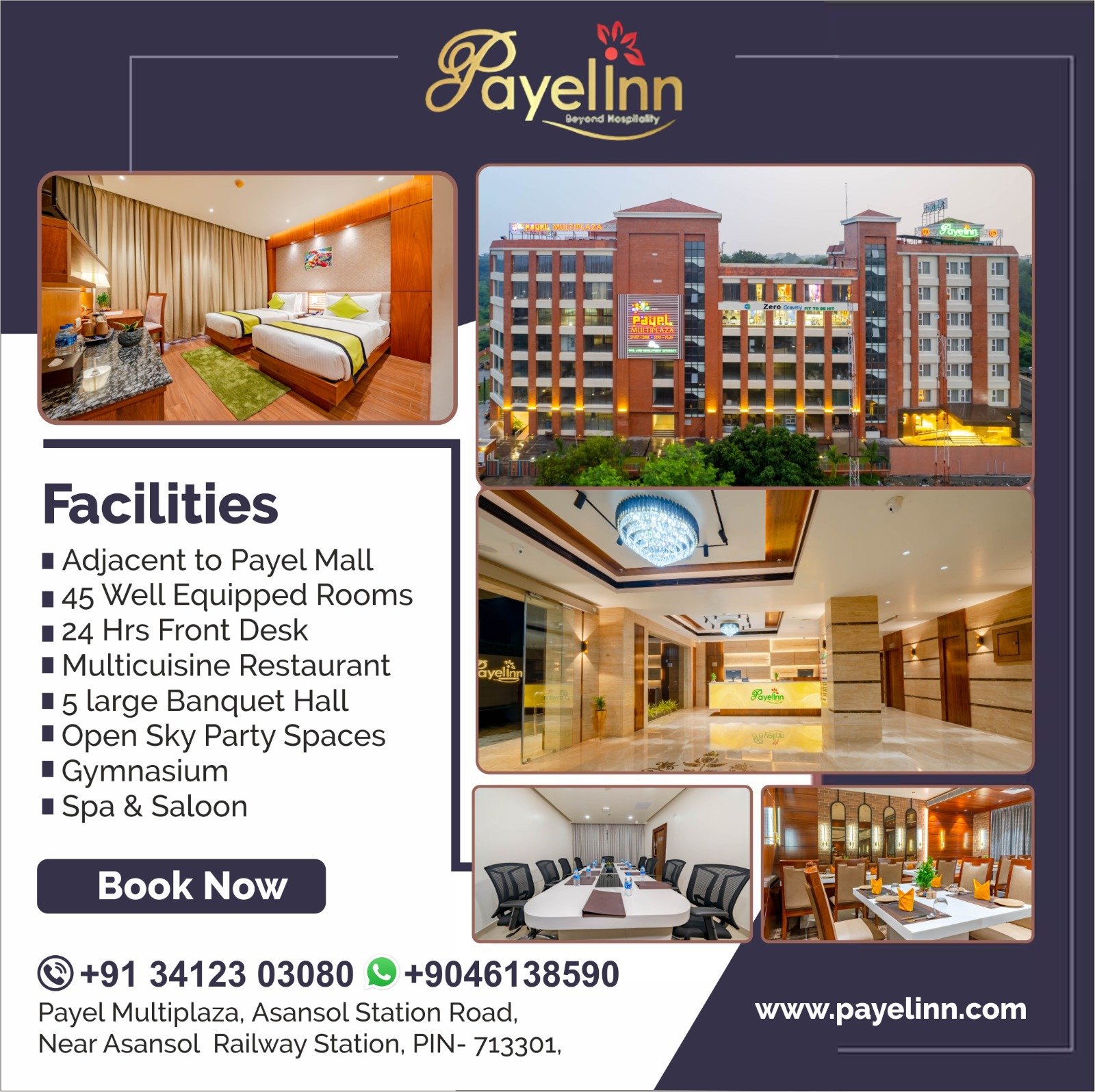


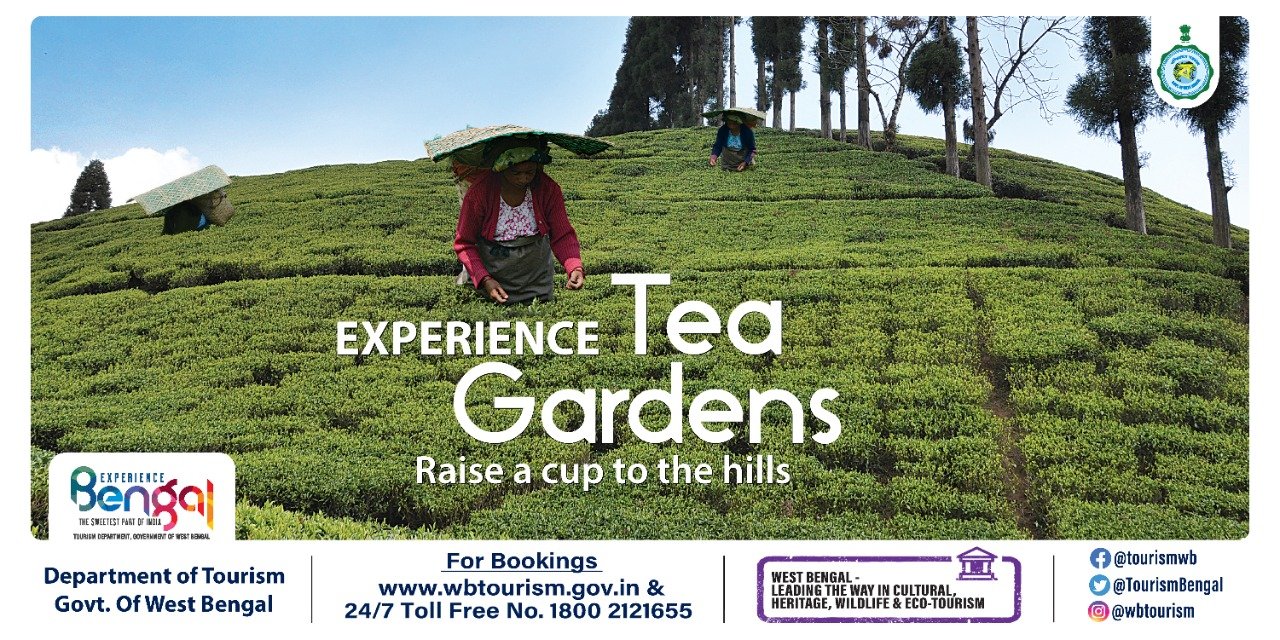


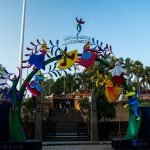

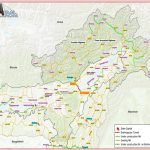




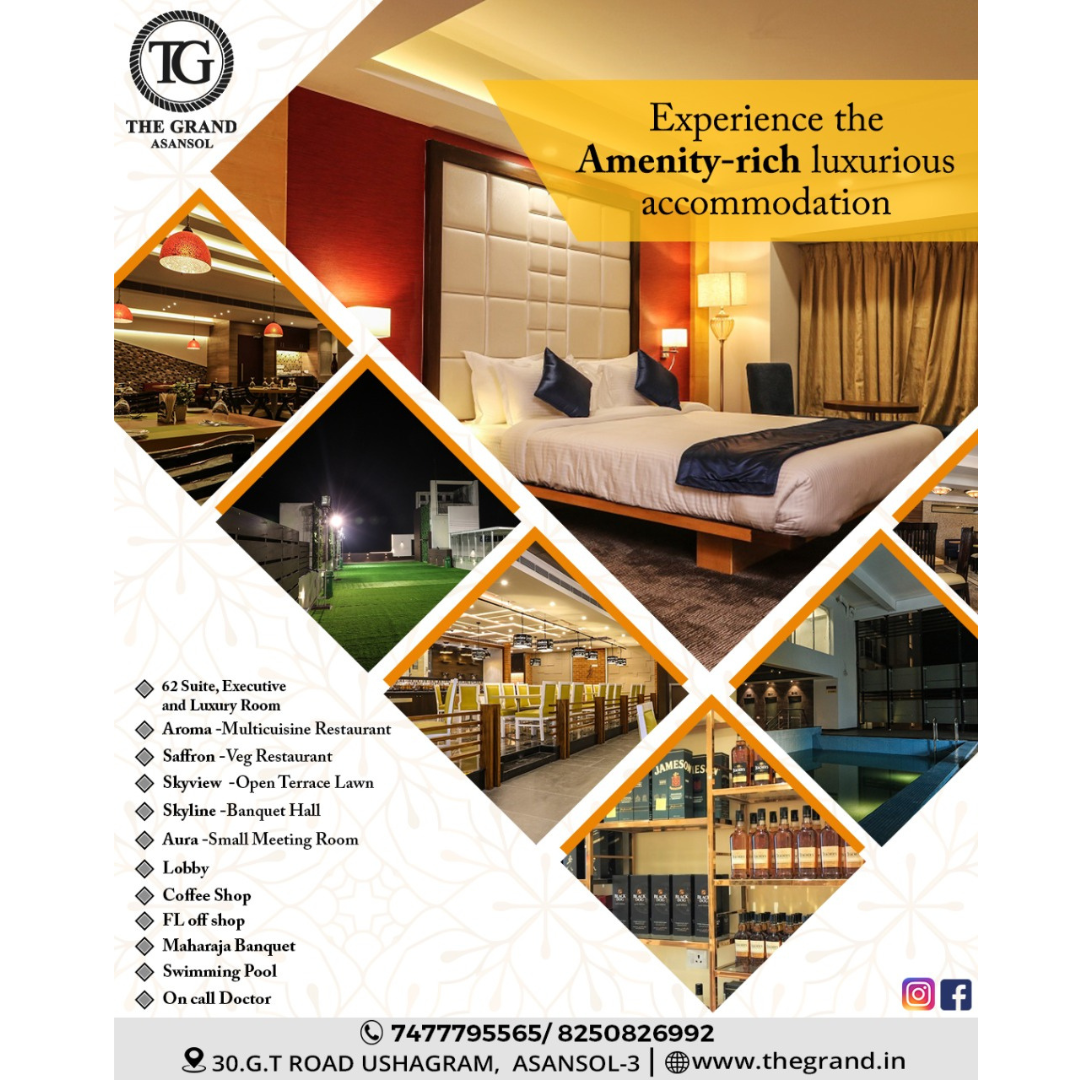










Add Comment